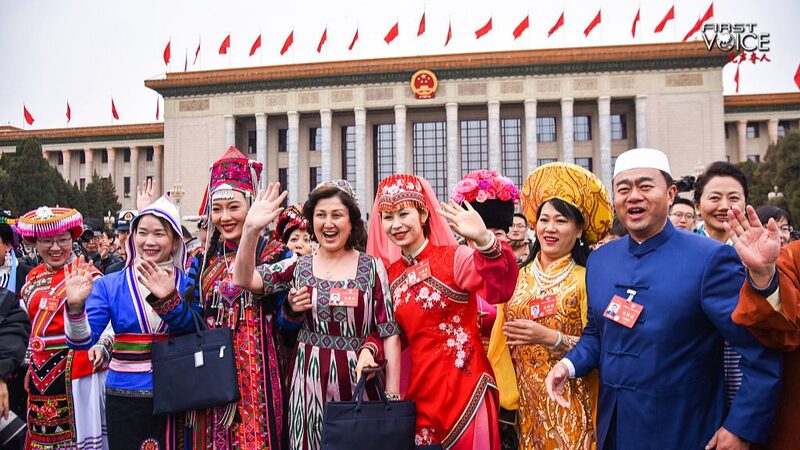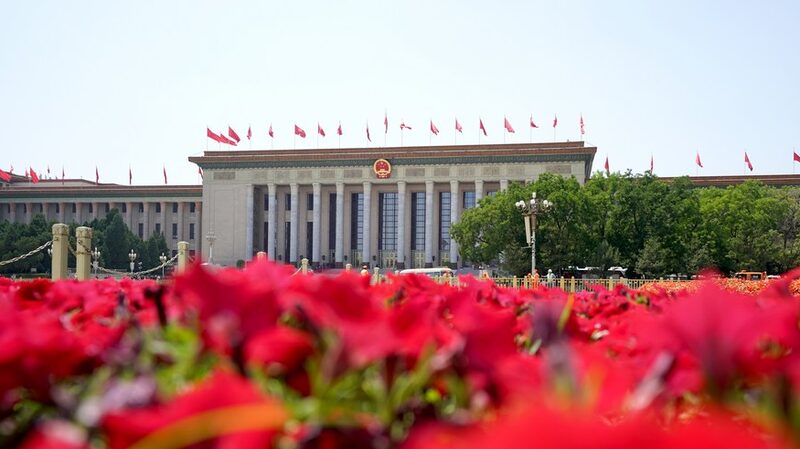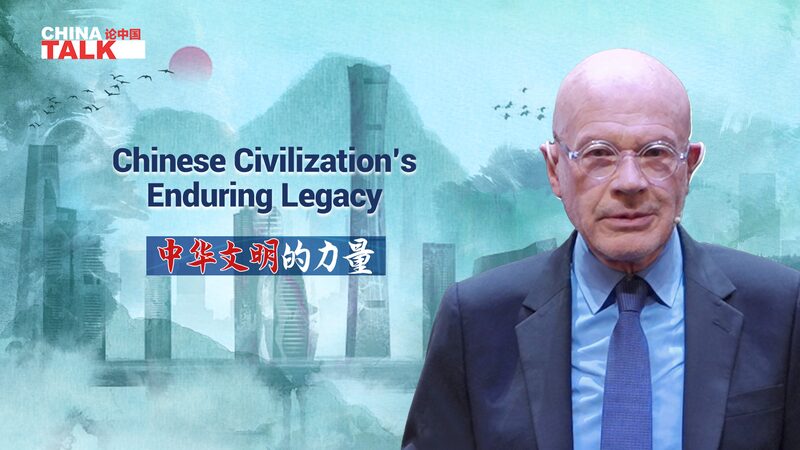China's unique approach to governance – dubbed 'whole-process people's democracy' – is sparking global conversations about effective policymaking. Martin Jacques, a Tsinghua University professor, recently outlined five key lessons Western systems could learn at the Understanding China Conference. Let’s break it down 🧠:
1️⃣ Consensus Over Chaos
While Western nations face growing political polarization, China’s governance emphasizes consensus-building through the Communist Party of China. Jacques notes this framework unites diverse groups and regions, enabling coordinated progress 📈.
2️⃣ Beyond Election Season
Unlike Western systems focused on periodic voting, China’s model emphasizes continuous public participation through consultations, law-making input, and long-term planning cycles 🗳️→📆.
3️⃣ The Long Game
China’s five-year plans and 2049 vision contrast with Western election-driven short-termism. Jacques highlights how interlocking timelines create stability: “This is the only way to achieve profound change” 🕰️🌱.
4️⃣ Expertise Matters
The path to leadership in China involves hands-on governance experience at local levels first. Compare this to Western politicians who often prioritize rhetoric over practical skills 🛠️ vs. 🎤.
5️⃣ Results-Driven Democracy
With 800 million lifted from poverty and rapid COVID-19 response, Jacques argues China’s model prioritizes tangible outcomes over political theater 🚀.
While debates about governance continue, these insights offer fresh perspectives for global audiences rethinking political engagement in the 21st century 💡🌐.
Reference(s):
What the West can learn from China's whole-process people's democracy
cgtn.com




